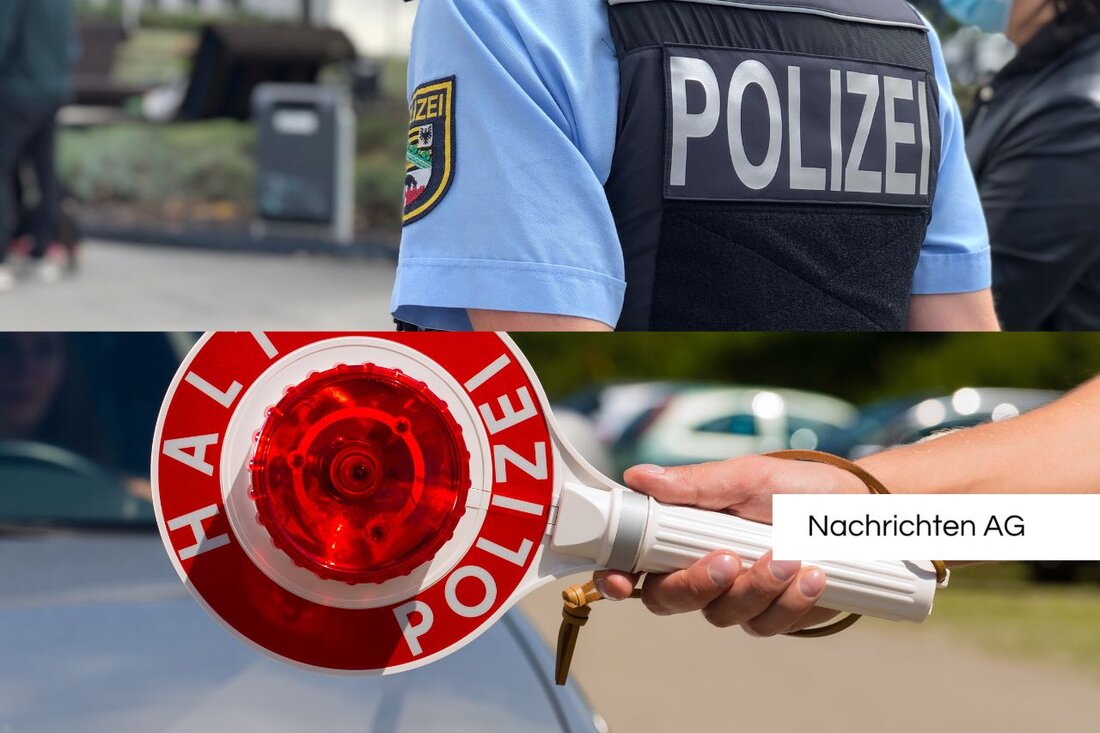Freedom partnership: Together for safe cities in Europe!
Freedom partnership: Together for safe cities in Europe!
A new, strategic cooperation between the Freedom Club in the Vienna municipal council and the AfD parliamentary group in the Berlin House of Representatives was announced on July 15, 2025. ots that the main goal of this collaboration is that a freedom-conservative renewal is in the cities of Europe. The partners, represented by City Councilor Dominik Nepp from Vienna and Dr. Kristin Brinker from the AfD, it is important to tackle the challenges that arise from illegal immigration in metropolitan areas.
The topics that have come into the focus of the cooperation include security, immigration, education, living, transport as well as cultural and value policy. In view of the increasing threats from terrorism and increasing crime, the participants see the need for increased cooperation to develop international solutions. They also emphasize the insufficient infrastructure, which is additionally stressed by immigration.
challenges due to immigration
The discussion about migration in Europe is of great importance and is not in a vacant space. In recent decades, migration has gained dimension and complexity, which is caused by various factors such as political instability and poverty in other regions. According to eumigrations European conservative concerns that migrant-friendly policies could lead to an increase in illegal immigration, crime and uncertainty.
Complex debates spark, among other things, with regard to the integration of migrants into the recording companies. The question arises whether the new residents are able to take over the values and the cultural identity of their new homeland. These considerations are not new; They reflect a long history of migration that has shaped Europe, starting with immigration in the 1960s and the control of migration since the early 20th century. The BPB describes that migration is a constituent part of Europe.
A look at the story
European migration policy has changed significantly over the years. A distinctive point is the 1985 Schengen Treaty, which led to the creation of a border control-free Europe. Nevertheless, the control of the external borders remains a central topic and has led to criticism of the creation of a "fortress Europe". These developments are in a tension between the national sovereignty of the European countries.
Another aspect that should not be neglected is the Dublin system that regulates the asylum application procedures. This system has proven to be inadequate, especially during the 2015 refugee crisis, which called for a new upswing in the discussion. Current questions such as securing the specialists and the need for uniform asylum procedures show that migration policy must be further developed.
It becomes clear that the challenges of immigration and integration in Europe are complex and must be discussed politically. The new cooperation between the FPÖ and the AfD could set a new impulse for the debate. The international cooperation to solve the causes of migration is considered essential to protect the values of the receiving companies and at the same time to maintain social cohesion. Such a balance between national values and coping with the global challenges is considered necessary to ensure a sustainable future for Europe.
| Details | |
|---|---|
| Ort | Wien, Österreich |
| Quellen | |


Kommentare (0)